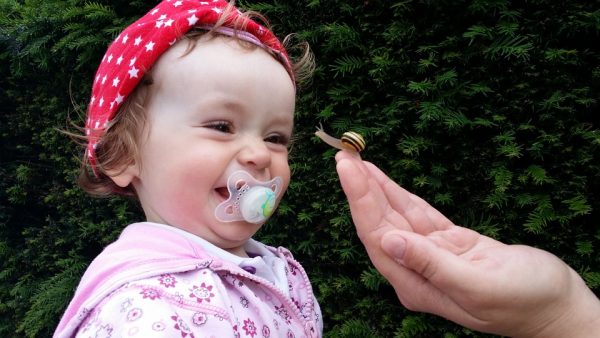We all want our little ones to have the happiest and healthiest smiles, so help your children start out right by helping them protect their pearly whites. Here are 8 ways to do just that.
Take them for a checkup
It has been recommended that children should see a dentist by their first birthday as early preventative advice and care can be given if needed. It also allows children to learn early that seeing the dentist regularly is important and ensures that they are not scared. Plus, who doesn’t love getting a “good job!” sticker?
Make sure they eat healthily
The food children eat directly affect the status of their dental health long term, so teaching our children nutritional health is just as important as promoting oral hygiene habits when it comes to helping them protect their teeth. To foster a healthy and well-balanced diet (and promote these positive habits throughout their life), children should avoid sweets, desserts and sugary drinks, especially before bed. Limit snacking and promote three meals a day made up of lean meats, fruit and vegetables, cheese and low-fat dairy products, unsweetened foods and water instead of sugary juices or drinks like coke.
Cut back on juice
Although juice is healthy, it is very high in sugar and when children drink it all day long, it can lead to tooth decay. Try to limit juice to the mornings or only as a treat as children shouldn’t have any more than 100ml a day. Always promote water as much as possible, using squash with no added sugar as an alternative.
Limit use of the sippy cup
While the sippy cup is a great tool for helping young children move from a bottle to a glass, it can lead to problems if parents let them drink from it all day long. Unless a child is drinking water, a sippy cup can lead to decay on the back of the front teeth if the drinks are sugary.
Aim to ditch the dummy after 2 years of age
A dummy is perfect for babies but when your children reach 2-3 years of age, using it can affect how their teeth line up and even the shape of their mouth. When your child reaches 2, you need to be trying to wean them off it, otherwise, you need to consult a doctor if they’re still using it when they are 3.
Check children’s medicine
We all know that children’s medicines are flavoured so that they will be more willing to take them, what’s surprising, however, is just how sugary they are. When your child is taking medicine, make sure to check the sugar content and brush their teeth afterwards to decrease their chance of cavities. If they are on long-term medications such as medicine for asthma and heart problems, then consult your dentist about how often to brush because it could be as often as four times a day!
Teach and model good habits
Children will learn habits from parents so it’s crucial that we model good ones! From even before your baby has teeth you can gently brush their gums with water and a baby toothbrush and when they have teeth, brush twice a day with an infant toothbrush and fluoridated toothpaste. It is essential that we teach good oral hygiene, so brushing, flossing and even mouthwash are things that we can instil in our children from an early age.
Use oral health care as a bonding experience
We all read bedtime stories to our children so why not make brushing our teeth together a part of that routine? You could even make brushing their teeth a group activity, making a chart and giving everyone gold stars or a sticker when they’ve done a great job. Children are much more likely to join in when they see grownups brushing their teeth, so take the time to do it together and teach your little ones the importance of health, hygiene and family time.
At Schoolhouse Daycare, we enjoy learning, encouraging confidence and we love life! If you think your child would enjoy life at Schoolhouse, then please do not hesitate to arrange a visit.
Looking for more ideas and inspiration? See more from us here:
5 Healthy Habits to Adopt in 2018




